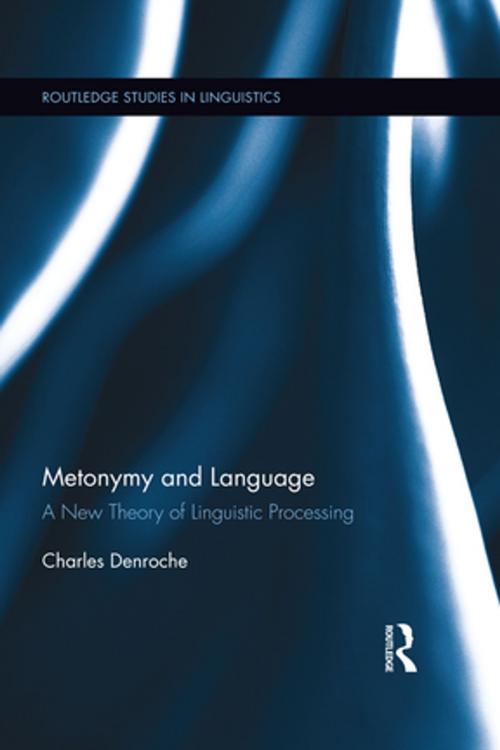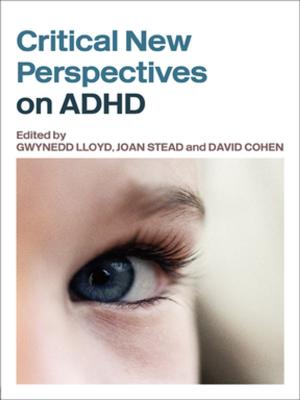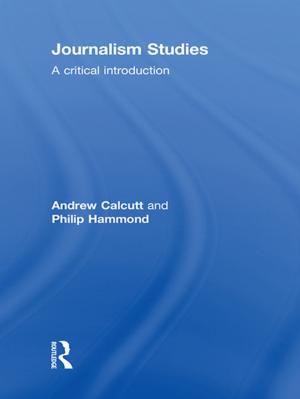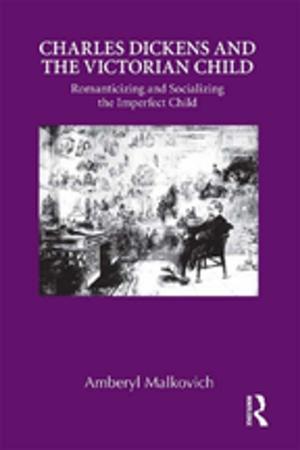Metonymy and Language
A New Theory of Linguistic Processing
Nonfiction, Reference & Language, Language Arts, Linguistics| Author: | Charles Denroche | ISBN: | 9781317608950 |
| Publisher: | Taylor and Francis | Publication: | December 5, 2014 |
| Imprint: | Routledge | Language: | English |
| Author: | Charles Denroche |
| ISBN: | 9781317608950 |
| Publisher: | Taylor and Francis |
| Publication: | December 5, 2014 |
| Imprint: | Routledge |
| Language: | English |
Metonymy and Language presents a new theory of language and communication in which the central focus is on the concept of metonymy, the recognition of partial matches and overlaps. Through the use of original data sets and rigorous primary research, Denroche characterizes metonymy as key to understanding why language is so ‘fit for purpose’ and how it achieves such great subtlety and flexibility. This study develops the notion of ‘metonymic competence’ and demonstrates that metonymic behavior is often pursued for its own sake in recreational activities, such as quizzes, puzzles and play, and shows the possible impact of the application of metonymic processing theory to professional fields, such as language teaching and translator training. Furthermore, it proposes a research approach with metonymy at its center, ‘metonymics,’ which Denroche suggests could provide a powerful framework for addressing issues in numerous fields of practice in the arts and sciences.
Metonymy and Language presents a new theory of language and communication in which the central focus is on the concept of metonymy, the recognition of partial matches and overlaps. Through the use of original data sets and rigorous primary research, Denroche characterizes metonymy as key to understanding why language is so ‘fit for purpose’ and how it achieves such great subtlety and flexibility. This study develops the notion of ‘metonymic competence’ and demonstrates that metonymic behavior is often pursued for its own sake in recreational activities, such as quizzes, puzzles and play, and shows the possible impact of the application of metonymic processing theory to professional fields, such as language teaching and translator training. Furthermore, it proposes a research approach with metonymy at its center, ‘metonymics,’ which Denroche suggests could provide a powerful framework for addressing issues in numerous fields of practice in the arts and sciences.















